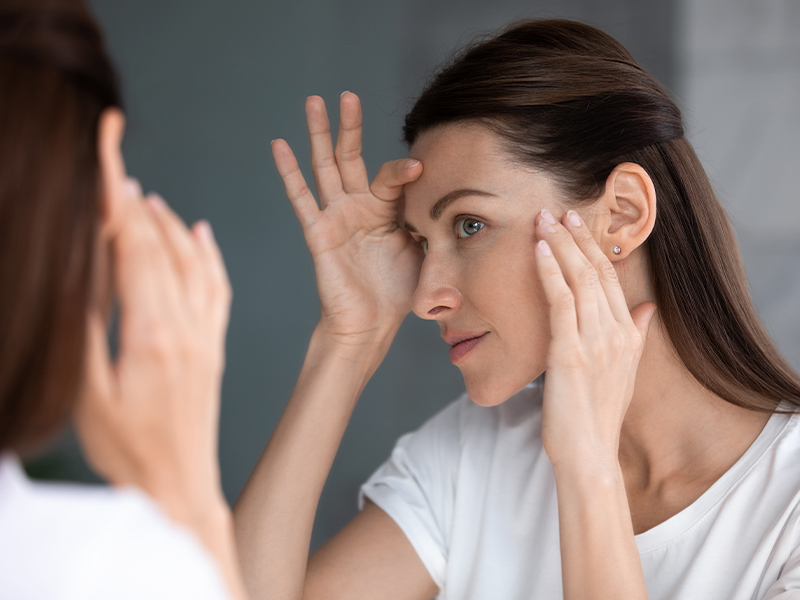Can you really slow down ageing? These 5 tips may help
Keen to put the brakes on ageing? From how much food you eat to hitting the right walking pace, here’s what the research recommends.
As the old saying goes, time waits for no one.
While it’s true you can’t stop the birthdays ticking over, more research suggests the ageing process isn’t as concrete as the number of candles accumulating on your cake year after year.
At the heart of much of this research is understanding how the trillions of cells in the human body age.
Responsible for all kinds of vital processes, over time cells not only deteriorate, the genetic material they contain accumulates damage and they don’t communicate with each other as well as they once did either.
“The trick to slowing down the ageing process is to make sure that the cells continue to function as well as possible,” says University of Oslo researcher Hilde Loge Nilsen, who recently co-authored an animal-based study that put the speed of ageing under the microscope.
“The findings in our study show we can inhibit many of the processes in the cells that drive ageing.
“In the study, we used krill oil, which contains several different substances that can act on these processes at the same time.”
How to slow down ageing
While the krill-oil benefits unearthed are yet to be replicated in human cells, there’s already plenty of people-based research that shows promise.
Consider putting this handful of science-approved habits into action if you want to slow down your body’s ageing pace.
1. Reduce your energy intake
Kilojoule restriction has already been shown to help extend healthy lifespan in animals, but new research suggests it has the same effect in humans, too.
When people participating in the study cut their energy intake by 25 per cent during the two-year research period, their pace of ageing slowed by 2-3 per cent.
That might not sound significant, but other research shows it translates to a 10-15 per cent reduction in mortality risk, which is roughly the same benefit that quitting smoking delivers.
While acknowledging that kilojoule restriction isn’t for everyone, at Columbia University’s Butler Ageing Centre research scientist and co-lead author of the study, Calen Ryan, says the results are significant.
“Our findings are important because they provide evidence from a randomised trial that slowing human ageing may be possible,” Calen says.
2. Think about taking a vitamin B supplement
Specifically one that contains vitamins B9, or folic acid, and B12, after research showed it may slow down your epigenetic clock, which is the biological or ageing clock, within your cells.
It won’t work for everyone – the study showed it’s not an effective strategy for males or for females who are genetically predisposed to have lower levels of what is known as DNA methylation.
But for many females in the study, taking a vitamin B supplement did cause their epigenetic clock to run slower.
3. Exercise regularly
Research shows it’s another habit that slows your biological clock.
Specifically, a US study shows that adults who run for 30-40 minutes, five days a week have an almost nine-year biological ageing advantage over less-active people.
It’s thanks to the way exercise protects the length of telomeres, which are protective caps that sit on the end of chromosomes, the DNA-containing structures that every cell in your body contains.
By covering your chromosomes, telomeres directly influence how well your cells age – and the more length they can retain with every passing year, the better.
4. Walk quickly
On top of doing planned exercise regularly, a study released last year suggests adopting a brisk walking pace may also help to slow biological ageing.
“This research uses genetic data to provide stronger evidence for a causal link between faster walking pace and longer telomere length,” according to University of Leicester research fellow and lead study author Dr Paddy Dempsey.
5. Take up meditation
Some research suggests there is also a link between meditating and increased telomere length, an impact that might start to pay dividends in as little as three weeks after taking up the habit.
More on healthy ageing:
- Why you’re never too old to love life
- How to embrace getting older as a natural part of life
- 5 easy ways to boost brain health
- Why alcohol could be making you age faster
Written by Karen Fittall





